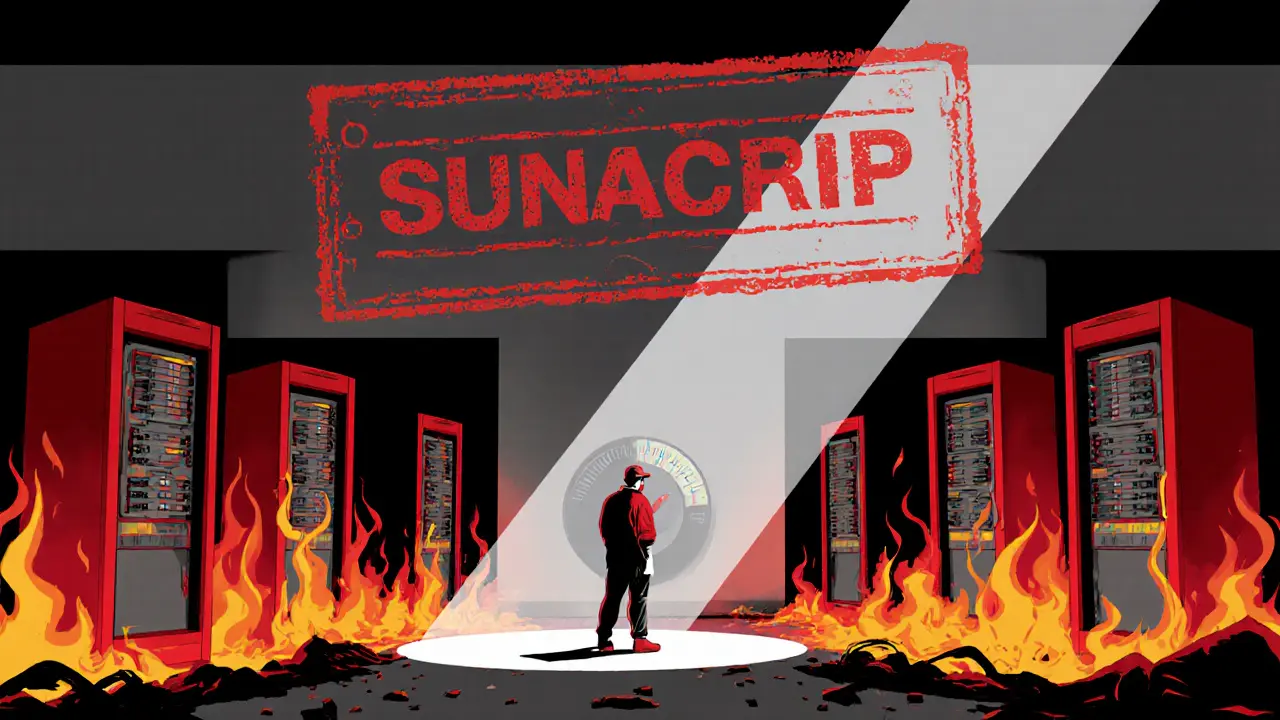Crypto Mining Restrictions: What’s Banned, Where, and Why It Matters
When we talk about crypto mining restrictions, rules set by governments that limit or block the process of validating blockchain transactions using computing power. Also known as mining bans, these rules are reshaping who can mine, where it’s legal, and whether your hardware will even work where you live. It’s not just about electricity bills anymore—it’s about laws, geopolitics, and who controls the backbone of crypto.
Some countries like Russia, a major player in global mining with cheap energy and cold climates allow mining for qualified investors but ban domestic use, pushing miners into gray zones. Meanwhile, India, where banks freeze accounts tied to crypto activity treats mining like a financial risk, not a tech innovation. Even places that once welcomed miners, like Kazakhstan and Iran, have slapped on heavy taxes or outright shutdowns during energy crises. The real goal? Not to kill Bitcoin—it’s to push users toward state-controlled digital currencies like Russia’s digital ruble or China’s e-CNY.
And it’s not just about legality. mining difficulty, the automatic adjustment that makes Bitcoin harder to mine as more power joins the network is rising fast. That means even if your country hasn’t banned mining yet, your profits could vanish because the network got too competitive. You don’t need a law to kill your ROI—just a smarter algorithm and more miners.
What you’ll find below are real cases of mining crackdowns, how countries are enforcing them, and what happens when miners get caught. You’ll see how airdrops and DeFi projects get tangled in these rules, why some exchanges shut down in certain regions, and how tax laws in Canada and Argentina affect miners differently than traders. This isn’t theory—it’s what’s happening right now, in real time, to people just like you.
State Control of Crypto Mining in Venezuela: How the Government Regulates and Restricts Digital Mining
Venezuela’s state-controlled crypto mining system was meant to boost the economy with cheap power and Bitcoin. Today, it’s paralyzed by corruption, blackouts, and broken regulations - yet people still mine anyway.
Details +